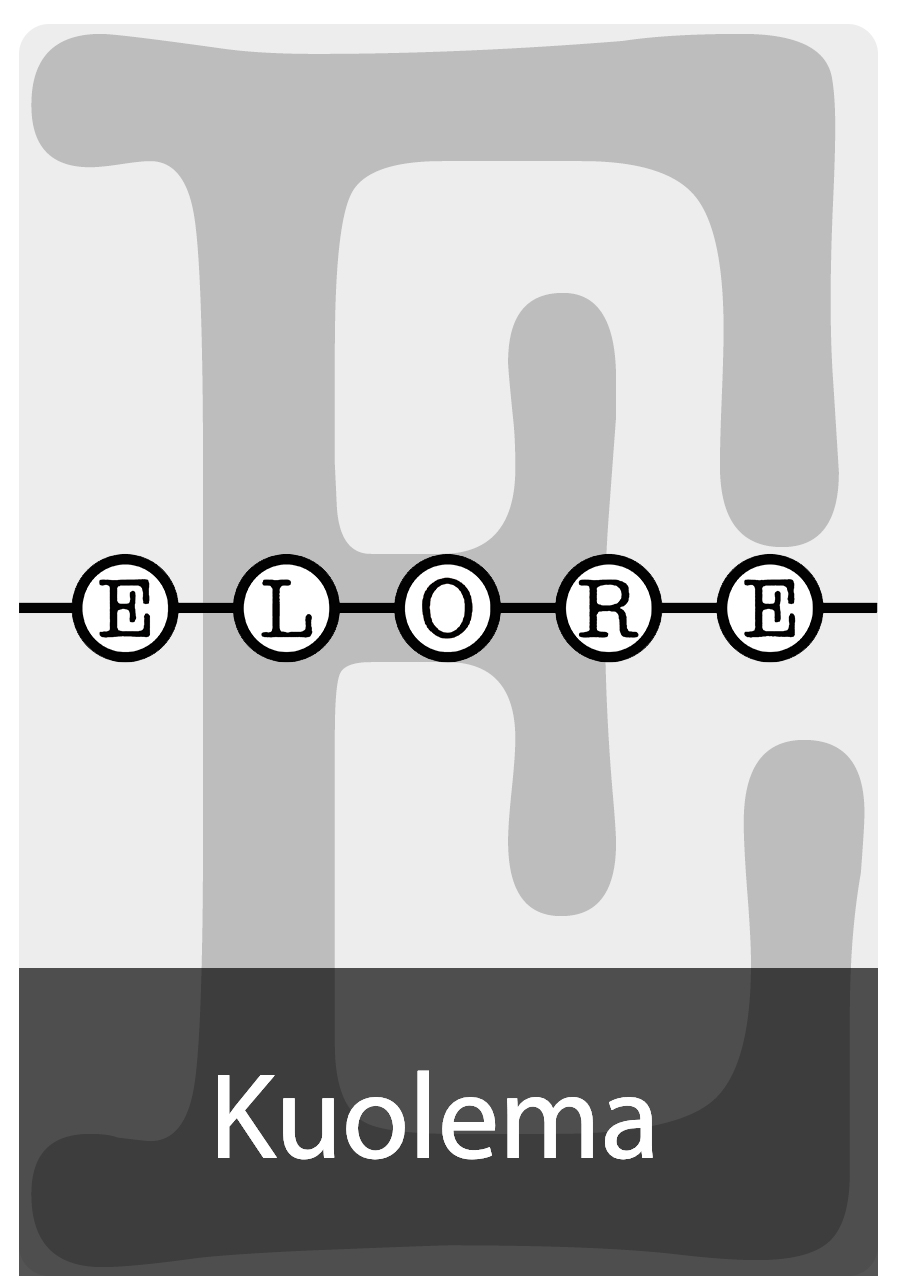Sankari on kuollut – Eläköön sankari
DOI:
https://doi.org/10.30666/elore.78496Abstract
Heroic narratives tell about past exemplary figures that were often warriors in a European context. Narratives about warrior heroes served the interests of the highest strata of an aristocratic warrior society in which the narratives were created and preserved. The same applies to Icelandic Family Sagas, which derive from heroic poetry both by content and social function. Although saga heroes vary, they share characteristics such as bravery connected to fatalism and a strong sense of honour. Heroic characteristics are at their most extreme at the moment of death, of which there are numerous examples in the saga literature. However, sagas depend on genealogical and historical tradition and sometimes even the greatest of warriors die natural deaths, neutral in heroic terms. Grettis saga, the Saga of Grettir, is one of the latest Family Sagas. The death of Grettir represents a brave stand against fate, reaching the level of a myth, whereas the death of his brother Illugi represents the social aspects of heroism, significant in the Icelandic Commonwealth. Together they support each other and form an entity that illustrates well the Icelandic form of heroism.Downloads
Published
How to Cite
Issue
Section
License
The journal follows Diamond Open Access publishing model: the journal does not charge authors and published texts are immediately available on the Journal.fi service for scientific journals. By submitting an article for publication on Elore, the author agrees, as of September 2024, that the work will be published under a CC BY 4.0 licence. Under the licence, others may copy, transmit, distribute and display the copyrighted work and any modified versions of the work based on it only if they attribute the licence, the original publication (link or reference) and the author as the original author. Any modifications made must be acknowledged.
Copyright of the texts remains with the authors, and self-archiving (Green OA) of the published version is allowed. This also applies to texts published before September 2024. The Green OA publication must include Elore's publication details.
The metadata for published articles is licensed under Creative Commons CC0 1.0 Universal.





